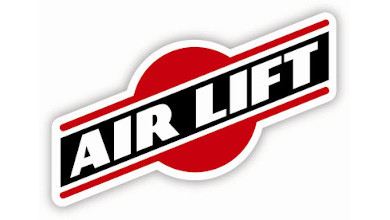Eberspaecher Joins Hydrogen Engine Development Project

As part of the decarbonization of the transport sector, heavy duty commercial vehicles and non-road mobile machinery are also coming to the fore. Purem by Eberspaecher is involved in the “PoWer” project together with vehicle and engine manufacturers, suppliers and scientific institutions to investigate the use of hydrogen engines in construction and agricultural applications.
Hydrogen engines offer many advantages due to their inherent properties such as efficiency, robustness and low untreated emissions, which make them particularly suitable for applications in construction and agricultural machinery.
“We see the use of hydrogen engines as a great opportunity for clean mobility in heavy duty applications – for example in the off-road sector. We are therefore pleased to be part of this consortium and to play a key role in shaping its development,” said Avinash Mutharja, executive vice president of technology and innovation at Purem by Eberspaecher. “Not only do we have decades of experience in exhaust technology, but we have also been carrying out pioneering research work in the field of hydrogen for several years.”
In addition to Purem by Eberspaecher, various well-known partners are involved in the consortium: The automotive supplier MAHLE, as well as DEUTZ, Claas, Liebherr, Nagel, Umicore, Castrol, NGK, the Karlsruhe Institute of Technology, the German Aerospace Center and the Technical University of Braunschweig have taken up leading roles. The project members demonstrate and analyze off-road applications in vehicle concept studies and systemic fleet and infrastructure considerations.
The consortium is investigating the influence of hydrogen on the materials used and their friction and wear characteristics. This will lay the foundations for meeting the robustness requirements of non-road mobile machinery, taking into account future emission legislation. Purem by Eberspaecher contributes its decades of expertise in the field of exhaust technology and materials science. By developing various exhaust gas aftertreatment concepts, the experts demonstrate compliance with the strictest emissions legislation, such as Euro 7 or Stage VI, on the test bench.



